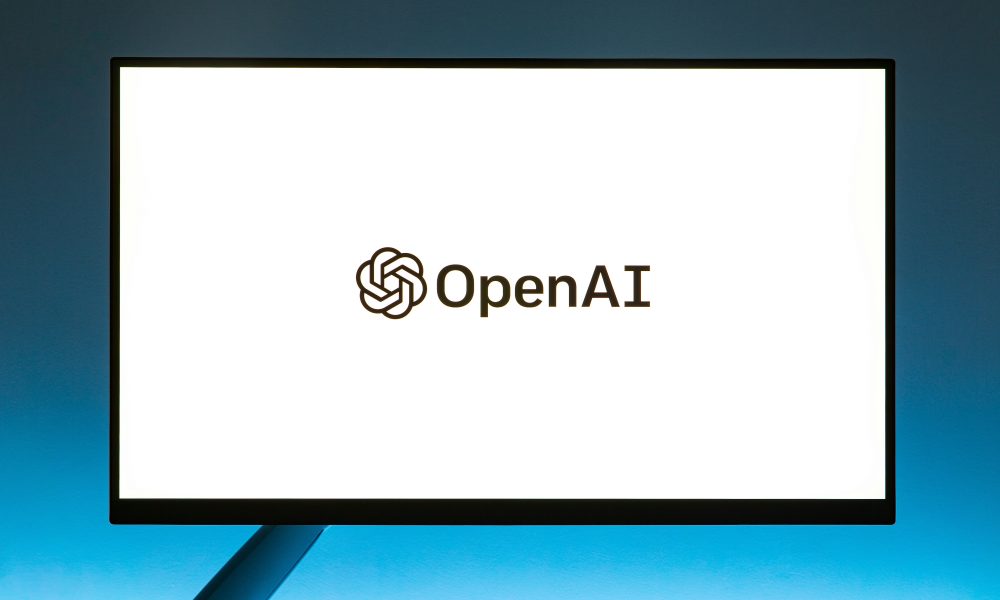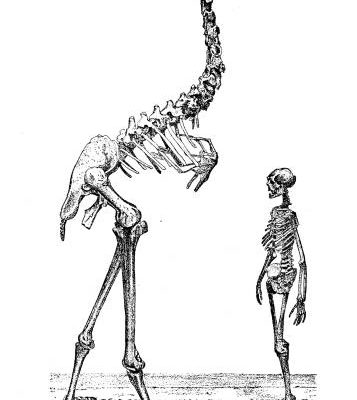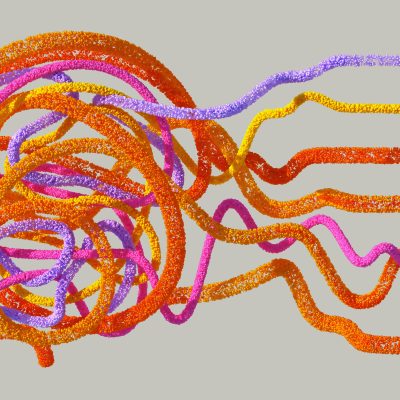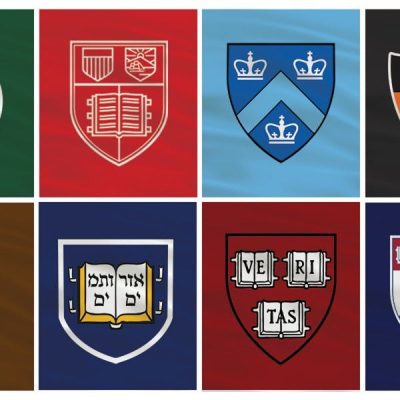Future Generations’ Use of AI Needs to be Regulated
On November 30th, 2022, OpenAI, an AI research company, released a chatbot called ChatGPT. Public interest towards ChatGPT would skyrocket in the spring of 2023, not only because of the multitude of uses of AI but also because of students using it to cheat on their work, marking the start of AI in schools.
Due to the easy and free access to AI such as ChatGPT, students and staff at schools are using AI in ways that affect our school system in increasingly negative ways. This will affect how we view work and new ideas, as this generation and the one after will have to pick between generating new ideas and expanding on human thought or having AI do the work for them. The next generation may abandon the independent thought that has gotten humanity to this point, putting us at a standstill, a point at which humanity will stop progressing.
Within schools nowadays, it’s common to hear another student has gotten caught using AI. Recent data released by “TurnItIn”, a company whose software allows you to see if work was AI-generated, released data showing that 11 percent of assignments run through it have work that is at least 20% AI-generated or more. The fact that “Turnitin” is even a thing that exists and is even profitable shows how bad it has gotten within schools. With the encouragement to use AI comes the sacrifice of people thinking for themselves. The education we get as adolescents affects the way we think for the rest of our lives, and if we have easy access to AI, it encourages the generation of the future not to be innovating leaders, but to listen and let something else do the work for them.
AI has also been shown to hold specific biases based on race, gender, and political standpoints. For example, computer-aided diagnosis systems have been found to be more likely to misrepresent the data from Black patients compared to white patients.
Another example of this can be found in the AI image-generating tool known as “Midjourney.” For some context, you would type in a prompt, and based on that prompt, the AI would generate an image to your liking. A study by the newspaper “Bloomberg” asked the AI to generate 5000 images, with each having vastly different prompts. Within those images, certain stereotypes had been found, including dark-skinned men committing crimes, and women rarely found in high positions in society, such as doctor, or lawyer. While the innovation of AI for medical purposes and data collection isn’t bad, it shouldn’t be a staple in schools. When students notice common themes and stereotypes at a young age, it encourages both racist and misogynistic views, creating a more prejudiced world in the future compared to the one we have today. If AI is to be used and integrated into any part of society, it should be tested and tuned to test for these kinds of things.
However, the counterargument against this could be that AI isn’t important enough to stop just yet, as it still has its own things to work out. However, I come to disagree with that. The advancements in AI technology have already shown significant potential to revolutionize various industries and improve our daily lives. Waiting for AI to reach a perfect state before taking it seriously overlooks the incremental progress and innovations happening right now. The argument that “AI is not quite advanced enough to worry about” cannot stand on itself anymore, considering you just saw it in the last three sentences of this paragraph.
The text starting at “However” and ending at “now” was written by an AI humanizer, asked to finish the following paragraph from the first sentence. AI’s ability to act and write based on a small excerpt it was given, is scary.
It just mimicked human writing based on a sentence, and it would’ve looked like the rest of the paragraph if I hadn’t mentioned it. Even though that small part of the paragraph was written by AI, it doesn’t take away from what it said. Although it does improve our daily lives, AI as an issue in innovation and creativity in both the education system and just the daily lives of everyone threatens humanity’s independence and progress.
AI can act as a stepping stone in humanity’s progress, helping with things such as data collection, calculations, and just checking over things in general. But, letting it go unchecked within the education system seriously endangers the future of the world. AI bias can rise and influence the youth, changing and influencing their views, allowing for racism and sexism to influence them, and haltering the progress of humanity. AI will act as more of a wall, rather than something to help. The use of AI should start being more regulated than now, with more ways to prevent its use in schools so that future generations can think for themselves and innovate.









